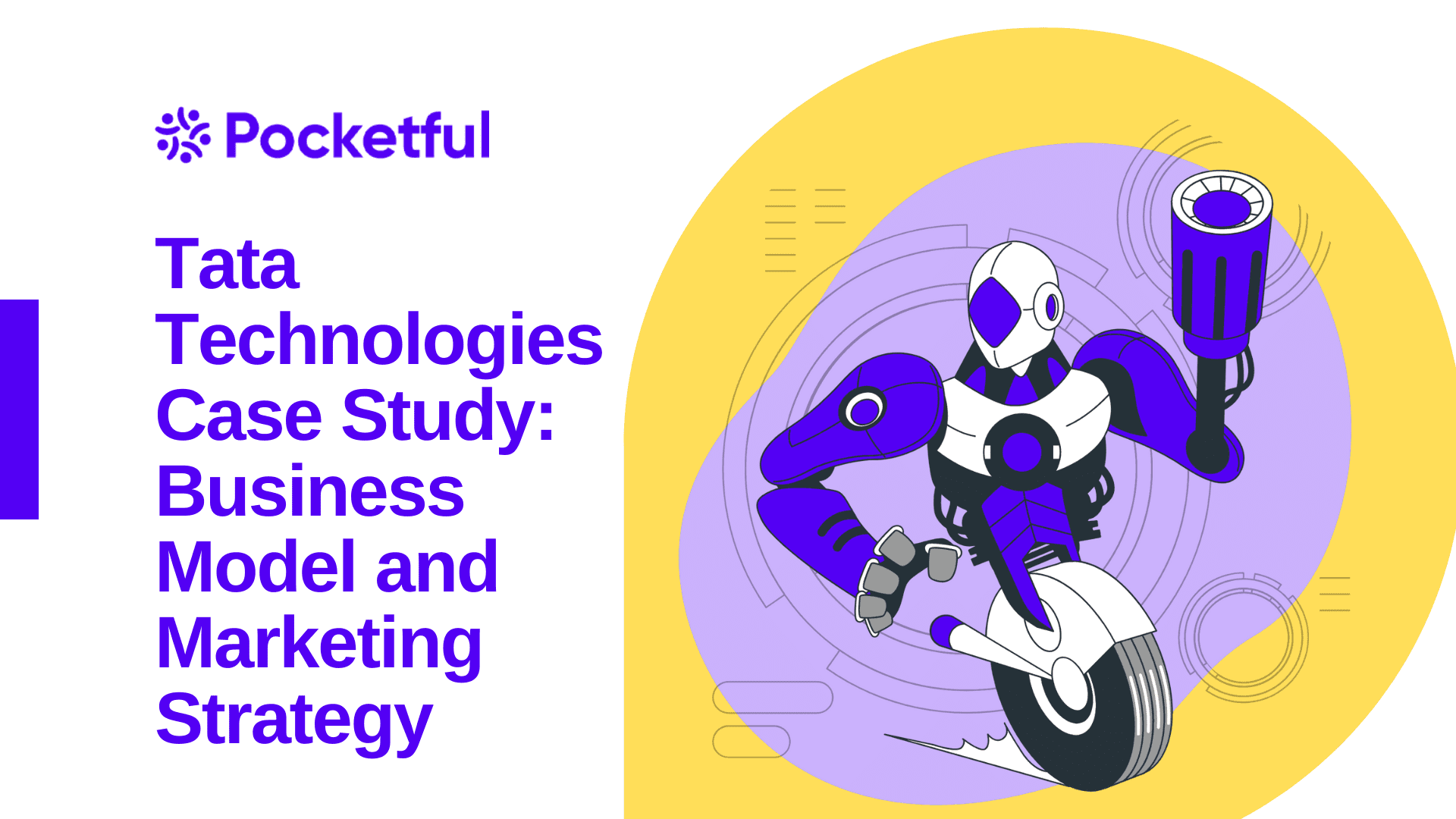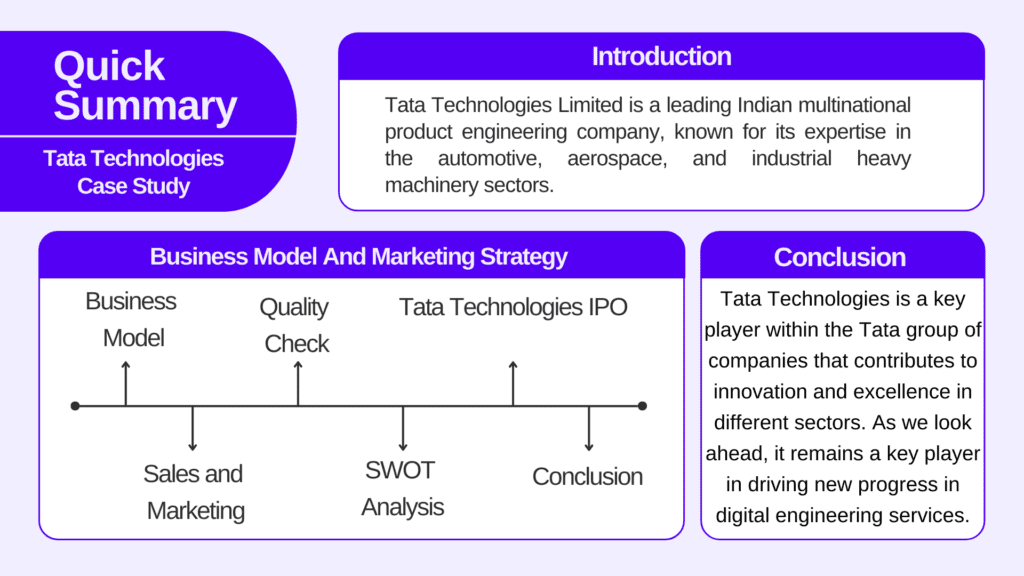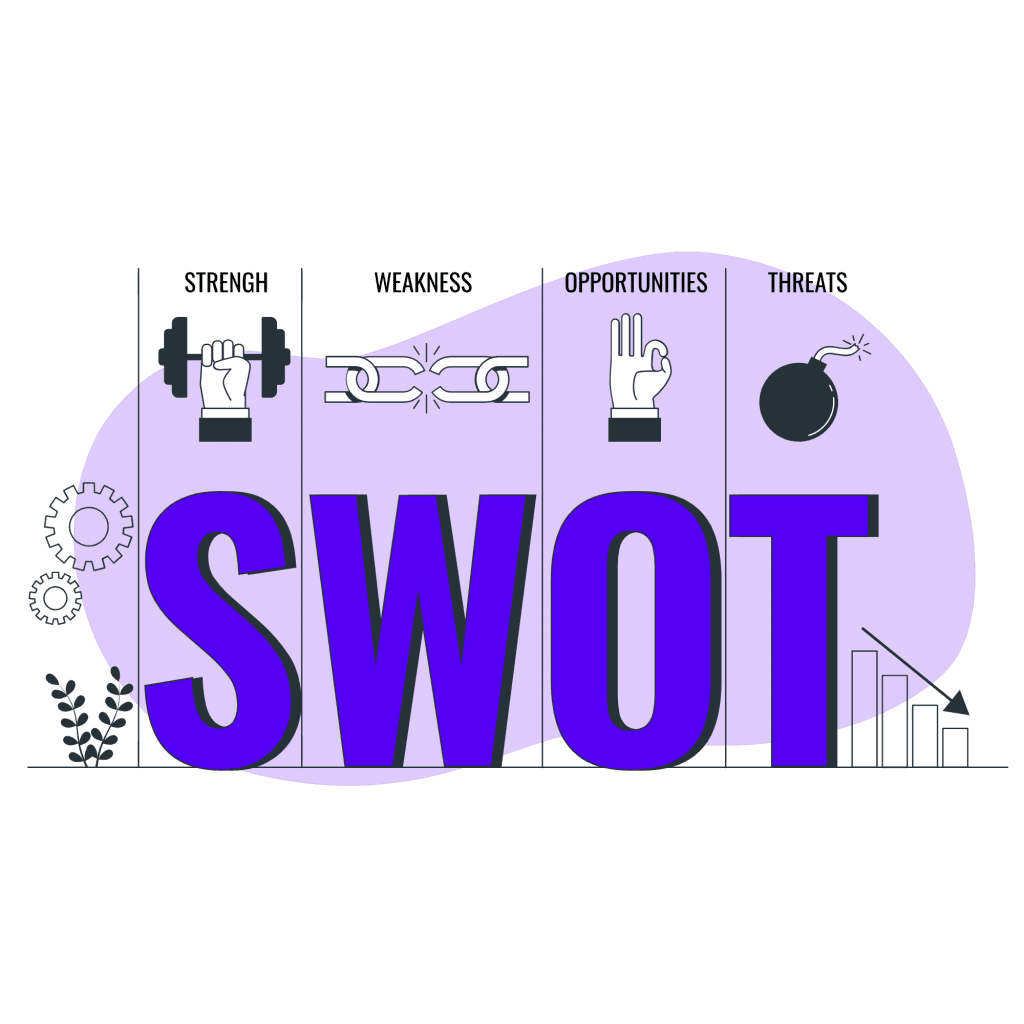| Type | Description | Contributor | Date |
|---|---|---|---|
| Post created | Pocketful Team | Dec-17-23 |
Read Next
- What Is Quick Commerce? Meaning & How It Works
- Urban Company Case Study: Business Model, Marketing Strategy & SWOT
- Rapido Case Study: Business Model, Marketing Strategy, Financial, and SWOT Analysis
- Trump Tariffs on India: Trade vs Russian Oil
- NTPC vs Power Grid: Business Model, Financials & Future Plans Compared
- Exxaro Tiles Vs Kajaria Tiles
- Adani Power Vs Adani Green – A Comprehensive Analysis
- Blinkit vs Zepto: Which is Better?
- UltraTech Vs Ambuja: Which is Better?
- Tata Technologies Vs TCS: Which is Better?
- Tata vs Reliance: India’s Top Business Giants Compared
- HCL Vs Infosys: Which is Better?
- Wipro Vs Infosys: Which is Better?
- Voltas vs Blue Star: Which is Better?
- SAIL Vs Tata Steel: Which is Better?
- JK Tyre Vs CEAT: Which is Better?
- Lenskart Case Study: History, Marketing Strategies, and SWOT Analysis
- Parle Case Study: Business Model, Marketing Strategy, and SWOT Analysis
- Tata Motors Vs Ashok Leyland: Which is Better?
- Apollo Tyres Ltd. vs Ceat Ltd. – Which is better?
- Blog
- tata technologies case study business model and marketing strategy
Tata Technologies Case Study: Business Model and Marketing Strategy


Tata Technologies Limited is a leading Indian multinational product engineering company, known for its expertise in the automotive, aerospace, and industrial heavy machinery sectors.
The company was incorporated as ‘Core Software Systems’ in 1989 as the automotive design unit of Tata Motors with major focus on car designing and development, and was later renamed to “Tata Technologies” in the year 2001.
In the year 1994, the company separated itself from Tata Motors and marked the beginning of an independent journey. Since then, Tata Technologies has grown to become a global leader in providing engineering and digital services and several other areas.
Currently, it operates 18 delivery centres across India, North America, Europe, and the Asia-Pacific region. Almost 65% of its business market is outside India. The company’s acquisitions, such as INCAT International in 2005 and Cambric Corporation in 2013, have played a key role in its growth.
The company offers services in three major areas that include automotive, industrial heavy machinery and aerospace. Here is a quick overview of what the company does:
1. Product engineering and design
This includes developing cutting-edge products, from concept to launch, for global clients.
2. Product life cycle management
Management of the entire product lifecycle from inception to end-of-life.
3. Manufacturing Solutions
Design and implement efficient and cost-effective manufacturing processes.
4. Digital Transformation
Helps the clients leverage digital technologies so that their business operations and products can be improved.

Business Model – A detailed analysis

Tata Technologies’ business model is categorised into the following lines of business:
1. Services Offering
-
- Providing outsourced engineering services and digital transformation services to global manufacturing clients.
-
- Specialisation in digital thread which, enables solutions across processes and enterprises.
-
- Provides engineering services to clients in the automotive and aerospace verticals of the company.
-
- The automotive sector area includes concept design, tear down and benchmarking, vehicle architecture, body engineering, chassis engineering, etc.
-
- The aerospace sector area includes Airframe designs, cabin interiors, and electronic equipment in aircraft.
2. Technology Solutions
-
- Reselling third-party software applications, primarily product lifecycle management (PLM) software and solutions.
-
- Provide services like consulting, implementation, system integration, support, and education solutions in manufacturing skills including upskilling and reskilling, to public sector institutions and private institutions including colleges and universities.
The company offers these services and industry verticals across the industry verticals of auto, aerospace, and industrial heavy machinery.
The top 5 clients of Tata Technologies: Tata Motors, Jaguar Land Rover, Airbus, Boeing, and John Deere.
Sales and Marketing
The company works on a ‘Key Account Management’ approach wherein it identifies potential clients and tries to build strong relationships with them.
Sales, marketing, and technical teams work together to deliver customised solutions and positioning of the brand with the promotion of social media campaigns.
The company also has various subject matter experts. They closely work with sales, collect customer feedback and analyse the latest trends in the technology.
Quality Check
The company aims to provide consistent global delivery by implementing the Project Health Quality Index and continuously trying to improve its services.
The main competitors of Tata Technologies are TCS, L&T Technology Services, KPIT Tech, and Wipro.
Also, as of September 2023, the company employed 12,451 people, including 11,608 full-time and 843 temporary employees.
SWOT Analysis

Strengths
1. Strong presence in the automotive and aerospace sectors.
2. The company invests in engineering research and development, and also focuses on delivering quantifiable results for the clients.
3. Strong brand recognition for providing commitment and reliability and concentrating on innovation.
Weakness
1. Revenue heavily relies on a few key clients, making them vulnerable to economic downturns or project cancellations.
2. Faces tough competition from other engineering service providers.
Opportunities
1. The increasing demand for digital transformation services has allowed the company to expand its digital engineering and PLM offerings.
2. The company is continuously making an effort to develop a strategic partnership with other technology companies. This will be an excellent opportunity for the company to open up new avenues for growth and innovation.
3. Growing demand for sustainable solutions across is an opportunity for the company in eco-friendly design and manufacturing of products.
Threats
1. Any kind of economic downturn can impact the revenue of the company
2. Rapid advancements in technologies like automation and artificial intelligence could lead to technological disruptions
3. Companies in the market may offer services at lower costs. This can pose a threat to the company.
Tata Technologies IPO
Tata Group launched its IPO after almost 20 years.
The valuation of the IPO was INR 3,042 crores, out of which 4.63 crore shares were sold by Tata Motors, 97 lakh shares were sold by Alpha TC Holdings Pte Ltd., and 48 Lakh equity shares were sold by Tata Capital with a price band of Rs 475-500 per equity share to the public.
The company was listed on 30 November 2023, on NSE & BSE.
Industry 4.0 & Tata Technologies
Industry 4.0 is a phase of the Industrial Revolution that emphasizes automation, interconnectivity, and machine learning.
Essential components of Industry 4.0 are as follows:
IoT (Internet of Things)
This connects physical devices and equipment through sensors and networks.
Artificial intelligence and Machine learning
Analyses and interpret data to optimise the process and make independent decisions.
Cloud Computing
Cloud platforms help in the storage and processing of huge amounts of data that enables accessibility of data from different locations.
Cyber-physical Systems
Integration of physical and digital systems to provide seamless connections between the physical and virtual world
Tata Technologies is also trying to embrace Industry 4.0 by connecting stages of product development and manufacturing through a digital thread. They are also designing and implementing smart factories with robots to increase the company’s efficiency and create virtual replicas of physical products.
In June 2023, Tata Technologies signed a MoA with the Tamil Nadu government to transform 71 ITIs in Tamil Nadu into technology centres.
Conclusion
Tata Technologies is a key player within the Tata group of companies that contributes to innovation and excellence in different sectors. As we look ahead, it remains a key player in driving new progress in digital engineering services.
Frequently Asked Questions (FAQs)
1. When was Tata Technology founded?
Ans. Tata Technologies was founded in 1989.
2. Who are Tata Technologies‘ top clients?
Ans. Tata Motors, Jaguar Land Rover, Airbus, Boeing, John Deere.
3. When was the company listed on NSE & BSE?
Ans. The company was listed on 30th November 2023.
4. Who are the competitors of Tata Technology?
Ans. The competitors of Tata Technology are TCS, KPIT tec, Wipro, etc.
5. The company has signed an MoA with which city for industry 4.0?
Ans. The company has signed an MoA with Tamil Nadu.
Disclaimer: The securities, funds, and strategies mentioned in this blog are purely for informational purposes and are not recommendations.
Disclaimer
The securities, funds, and strategies discussed in this blog are provided for informational purposes only. They do not represent endorsements or recommendations. Investors should conduct their own research and seek professional advice before making any investment decisions.
Article History
Table of Contents
Toggle